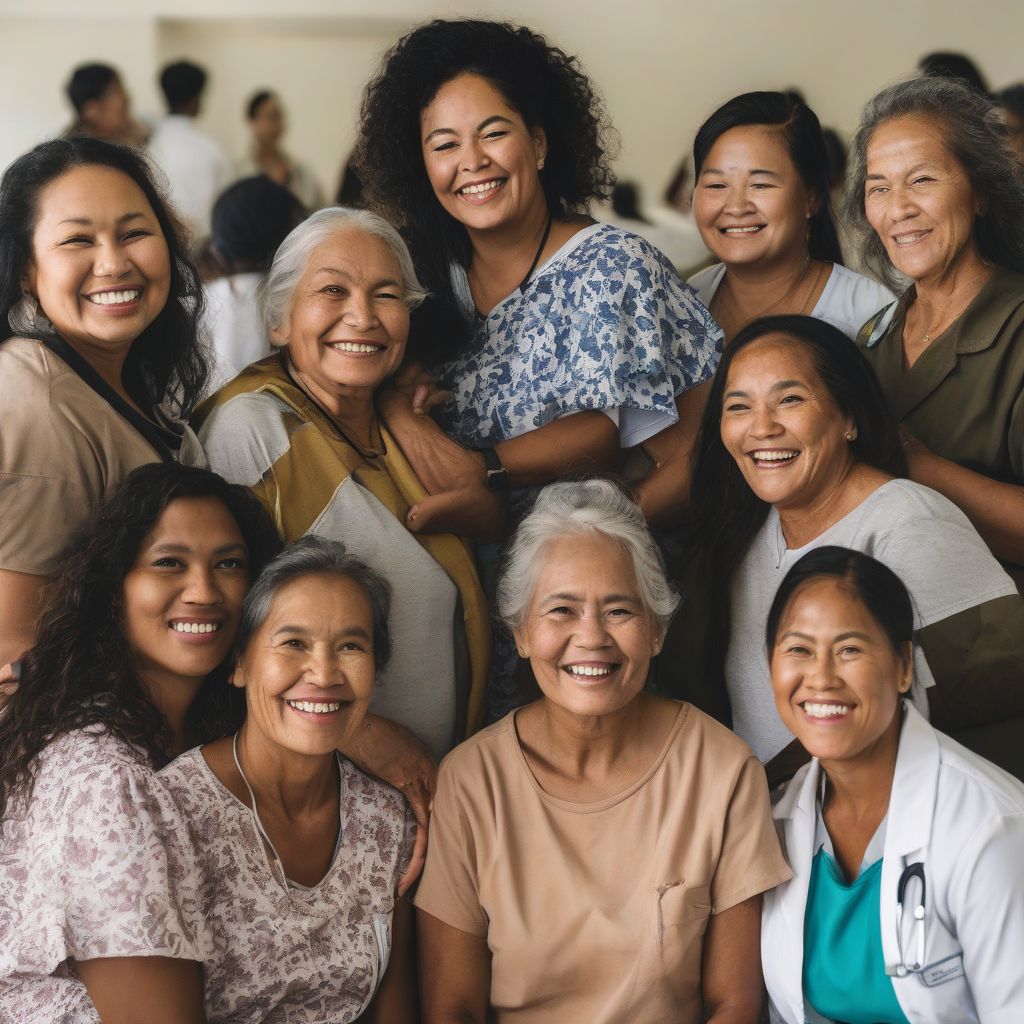Understanding Pacific Women’s Healthcare: A Guide to Holistic Well-being

Navigating the healthcare system can be daunting, especially for women facing unique challenges. In the Pacific region, with its diverse population and cultural landscape, access to quality women’s healthcare is paramount. This guide dives deep into the meaning and importance of Pacific women’s healthcare, addressing common concerns and emphasizing the need for culturally sensitive and comprehensive medical services.
What is Pacific Women’s Healthcare?
“Pacific women’s healthcare” encompasses a broad spectrum of medical services tailored to the needs of women of Pacific Islander descent. This includes, but is not limited to:
- Reproductive health: Family planning, prenatal and postnatal care, fertility services, and menopause management.
- Chronic disease prevention and management: Addressing health disparities in areas like diabetes, heart disease, and cancer, prevalent in Pacific Islander communities.
- Mental health services: Tackling stigma and providing culturally sensitive approaches to anxiety, depression, and trauma-informed care.
- Cultural considerations: Recognizing and respecting the unique cultural beliefs and practices of diverse Pacific Islander groups, incorporating traditional healing methods when appropriate.
healthcare.lagital.com/wp-content/uploads/2024/07/pacific-island-women-accessing-healthcare-66a30f.jpg" alt="Pacific Island Women Accessing Healthcare" width="1024" height="1024">Pacific Island Women Accessing Healthcare
The Importance of Culturally Competent Care
Pacific Islander women often face significant health disparities due to a complex interplay of factors such as:
- Socioeconomic barriers: Limited access to health insurance, transportation, and affordable healthcare services.
- Language barriers: Difficulty communicating with healthcare providers due to language differences.
- Cultural stigma: Reluctance to seek help for sensitive health issues due to cultural taboos or shame.
Culturally competent healthcare addresses these disparities by:
- Providing interpreters and translated materials: Ensuring effective communication and understanding between patients and providers.
- Employing healthcare professionals from within the community: Fostering trust and understanding of cultural nuances.
- Integrating traditional healing practices: Respecting and incorporating traditional knowledge systems into treatment plans where appropriate.
Addressing Frequently Asked Questions
Here are some common questions about Pacific women’s healthcare:
What are the unique health concerns faced by Pacific women? Pacific women are disproportionately affected by certain conditions such as gestational diabetes, obesity, and cervical cancer.
How can I find culturally competent healthcare providers in my area? Community health centers, advocacy groups, and online directories can help locate providers sensitive to Pacific Islander needs.
What resources are available to help with the cost of healthcare? Government programs, sliding scale fees, and charitable organizations offer financial assistance for medical expenses.
Empowering Women Through Knowledge and Access
By understanding the importance of Pacific women’s healthcare, we can advocate for improved access, culturally sensitive care, and better health outcomes for these communities. Empowerment through knowledge and access is key to reducing health disparities and ensuring holistic well-being for Pacific women.
We encourage you to share your experiences, ask questions, and join the conversation in the comments below. Your voice matters!

Leave a Comment